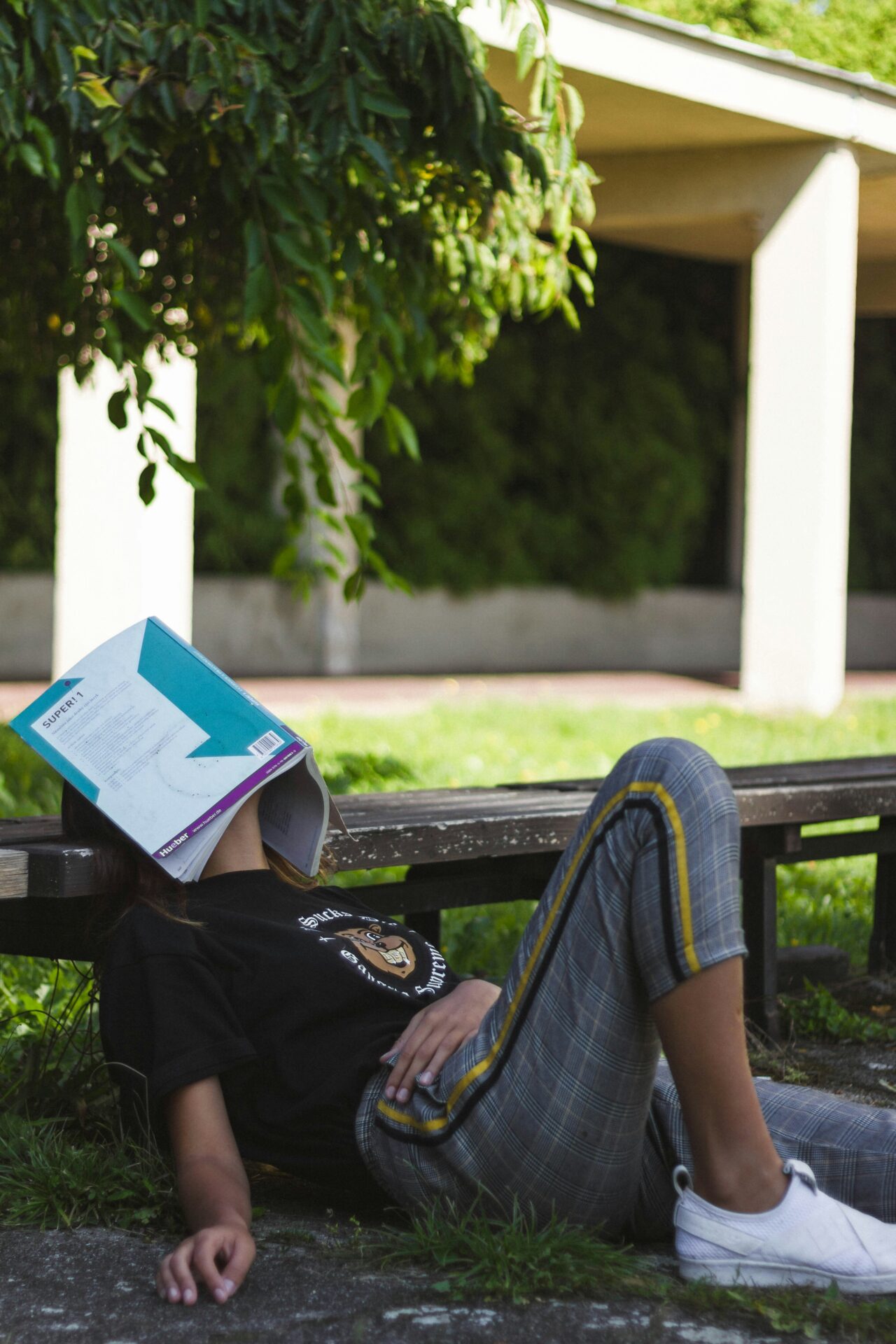
Let’s Talk Sleep for World Sleep Day
Struggling to stay awake while studying? You’re not alone. Sleep deprivation is a major concern amongst university students, with a 2014 study finding that 50% of university students reported daytime sleepiness, and 70% reported insufficient sleep. In 2016, it was estimated that nearly half of all Australian adults had at least 2 sleep-related problems, and an anonymous survey in 2017 found that two thirds of Australian university students didn’t think they got enough sleep.
But why is sleep so important?
Well, aside from the fact that sleep is a basic human necessity, not getting enough sleep can cause a wide range of health issues. The long-term effects of sleep deprivation can include:
- Memory issues
- Trouble with thinking and concentration
- Changes in mood
- High blood pressure
- A weakened immune system
- Increased risk of heart disease
- Increased risk of diabetes
- Weight gain
As one of the three pillars of health, it’s important that we get enough quality sleep. For adults, it’s recommended to have between 7 and 9 hours of uninterrupted sleep each night, but there’s more to healthy sleep than just getting enough of it. According to the World Sleep Day Organisation, there are six dimensions of healthy sleep:
- Duration: how much did you sleep over 24 hours?
- Efficiency: how well do you fall asleep and stay asleep?
- Timing: when do you sleep?
- Regularity: do you have consistent sleep and wake times?
- Alertness: do you maintain good focus and attention during waking hours?
- Quality: do you feel satisfied with your sleep?
If you’re finding yourself exhausted throughout the day, or feel that you’re not getting enough sleep, there are some things you can try. Sleep Foundation says that the biggest thing for falling asleep is relaxation. Other things you can try include avoiding electronic devices before bedtime, sleeping in a quiet, dark room free from distractions, and most importantly – only using your bedroom for sleeping.
Want to learn more about getting a good night’s sleep? Check out World Sleep Day’s resources for tips and tricks.


